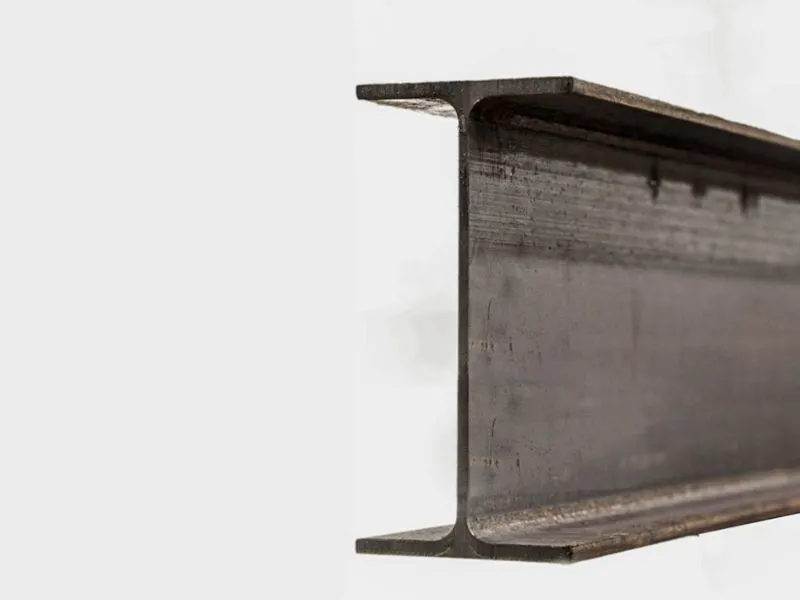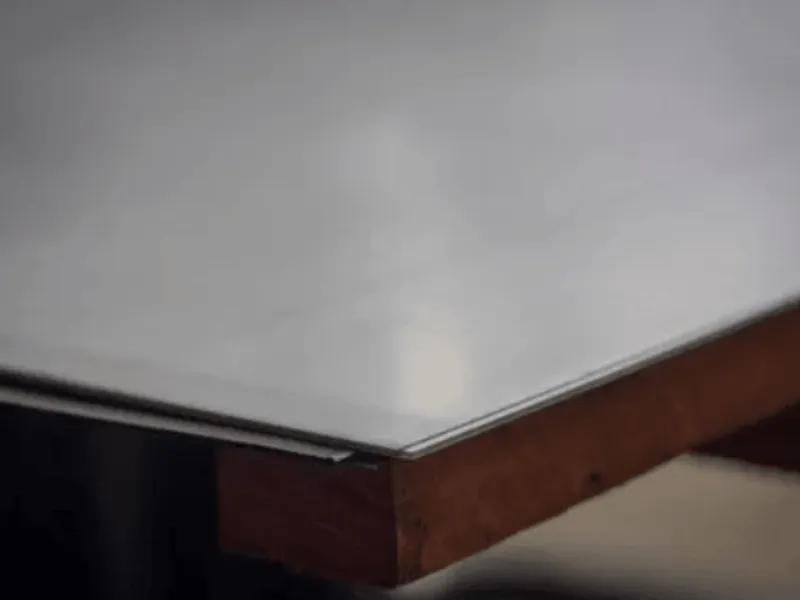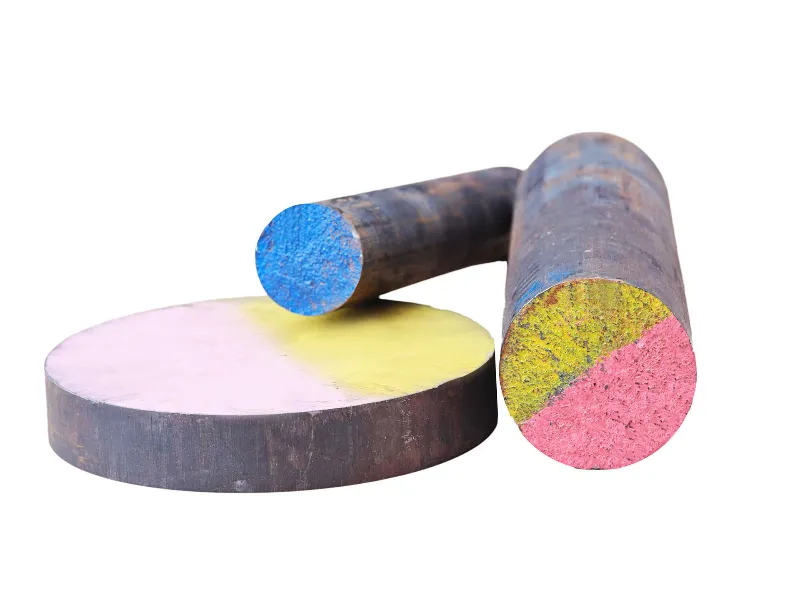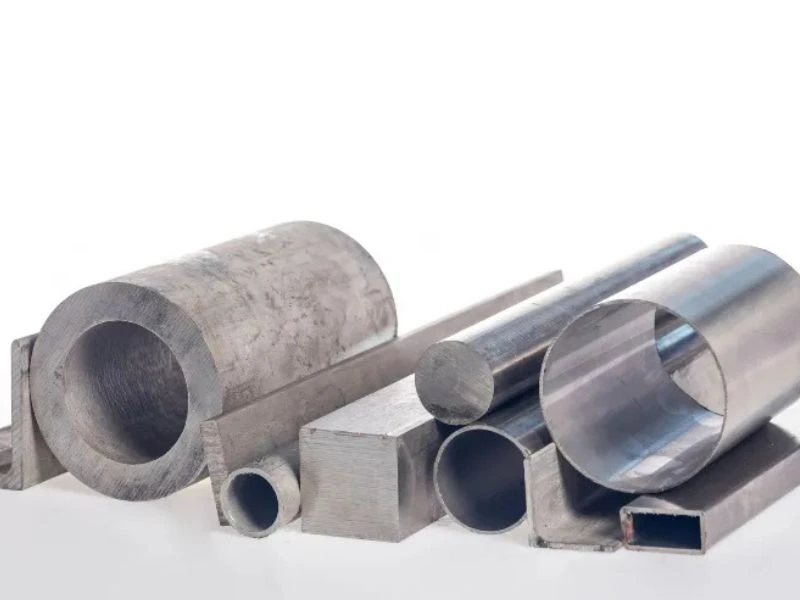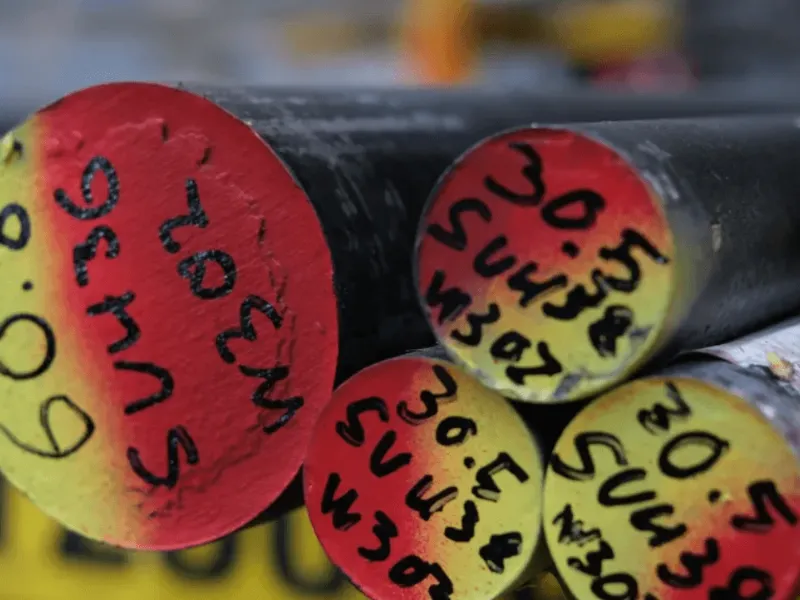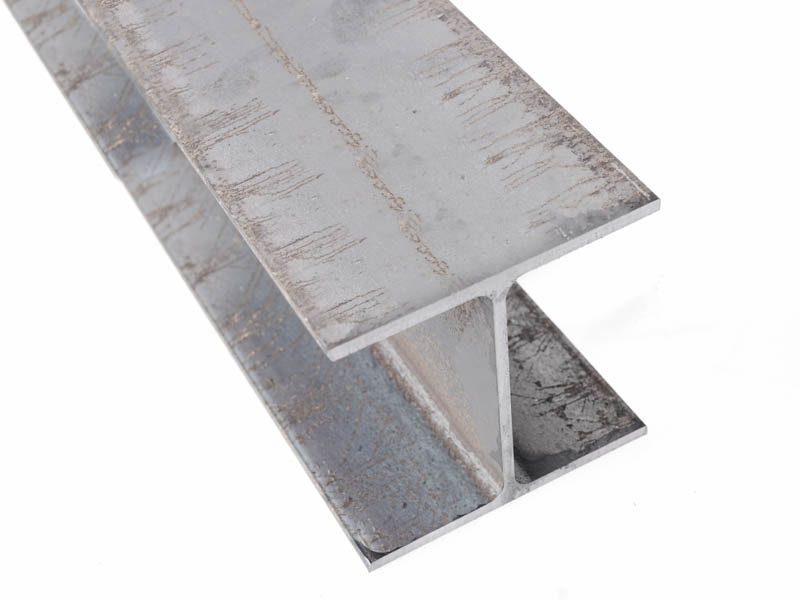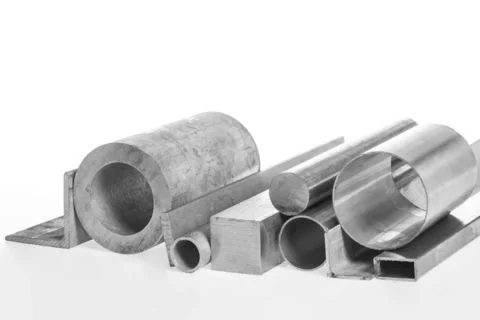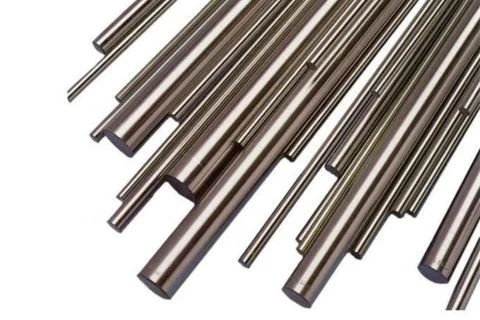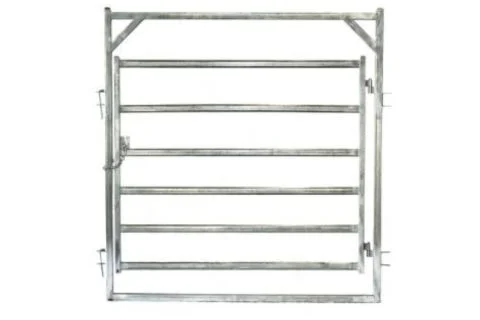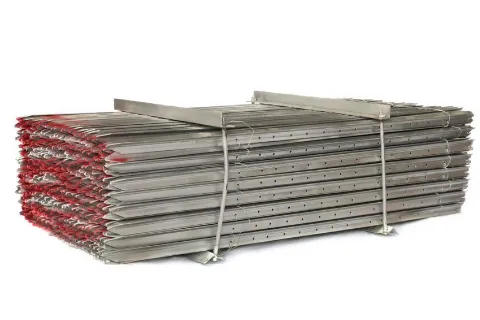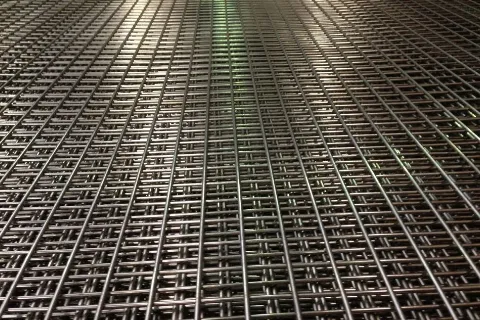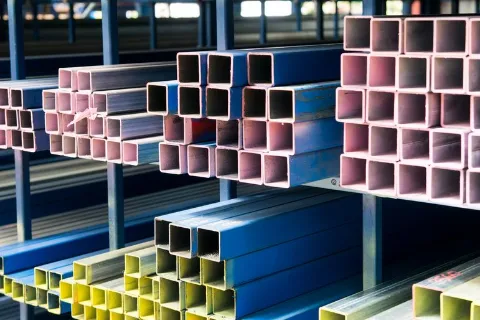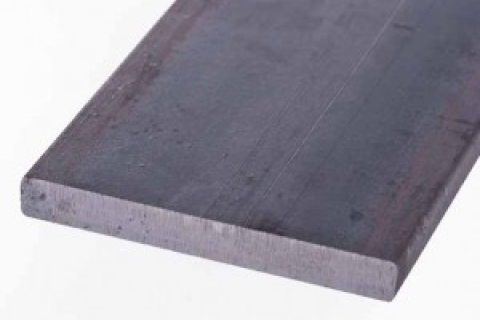Hardness vs Toughness in Tool Steel
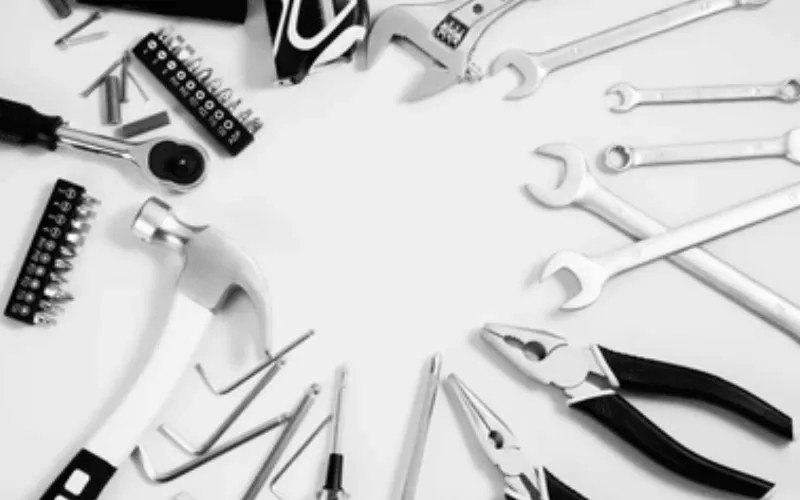
Hardness and toughness are words that are often used to describe tool steel. But while they may sound similar, in the world of fabrication, engineering, and manufacturing, they mean very different things. Knowing the difference could make or break your next project.
Whether you’re machining precision parts, punching sheet metal, or selecting a cutting tool that’s going to last, understanding the balance between hardness and toughness in tool steels is essential.
Here, we break it down in simple terms.
Please note that all information provided is general in nature, and each reader is responsible for checking with the manufacturer or specifier before relying on any information provided.
Browse Edcon’s Range of Steel
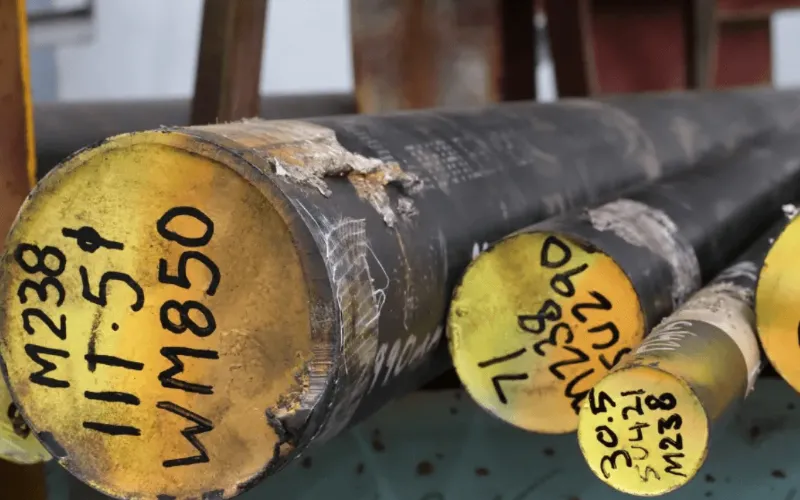
What is tool steel?
Tool steel is a high-performance steel designed specifically for cutting, shaping, drilling, or pressing other materials. It’s made to hold its shape under stress, resist wear, and maintain a sharp edge or precise profile, even in extreme conditions.
You’ll find tool steel in cutting tools like saw blades, drills, and end mills; press and die sets; punching and stamping equipment; and moulds and forming tools.
Edcon stocks tool steel in various grades, each with its own specific recipe of alloying elements and heat treatment properties. But across all grades, it’s the hardness vs toughness trade-off that defines how tool steel behaves.
Tool steel grades offered by Edcon:
- O1 Oil-Hardening Tool Steel: Known for its outstanding dimensional stability and machinability. Ideal for cutting and stamping tools.
- D2 High Carbon, High Chromium: This material has excellent wear resistance and compressive strength and is often used in dies and industrial knives.
- H13 Hot Work Tool Steel: Designed to withstand high temperatures, it is perfect for extrusion dies, forging tools, and hot shear blades.
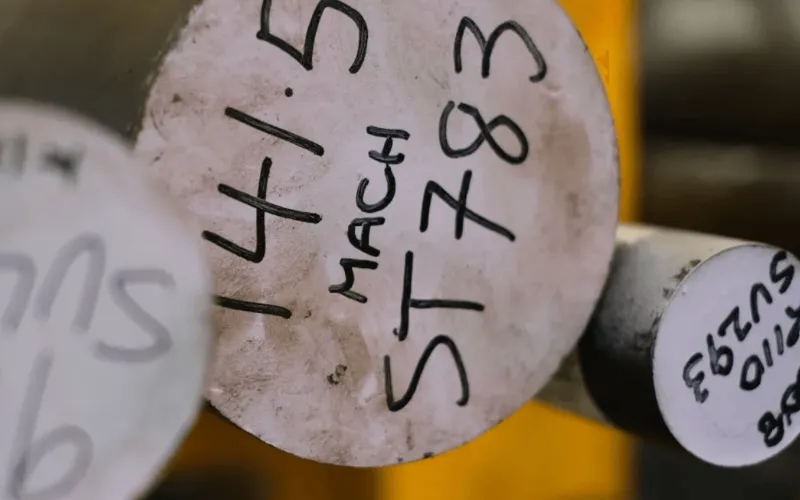
What is hardness?
Hardness is all about resistance to wear, scratches, and indentation. A hard piece of tool steel will keep its shape and edge for longer, especially when cutting or grinding other materials.
In practice, this means the harder the steel, the longer it stays sharp, the more resistant to abrasion and surface deformation, and the better it performs in dry or high-friction environments.
The most common measurement of tool steel hardness is the Rockwell Hardness Scale (HRC). After heat treatment, most tool steels range from 50 to 70 HRC.
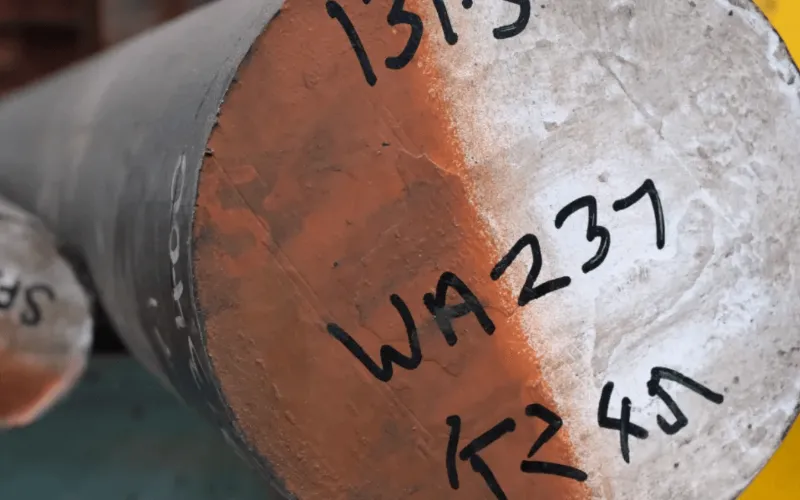
What is toughness?
Toughness is about how much energy a material can absorb before breaking. For example, tough tool steel can take hits, shocks, and impacts without cracking or chipping.
In practice, this means a tougher steel can absorb sudden force or vibration, is less likely to chip or fracture under load, and is ideal for tools that deal with impact (e.g. cold chisels or hammers).
Toughness is harder to define with a single number, but it’s critical for safety and longevity, especially when a brittle failure could damage machinery or risk injury.
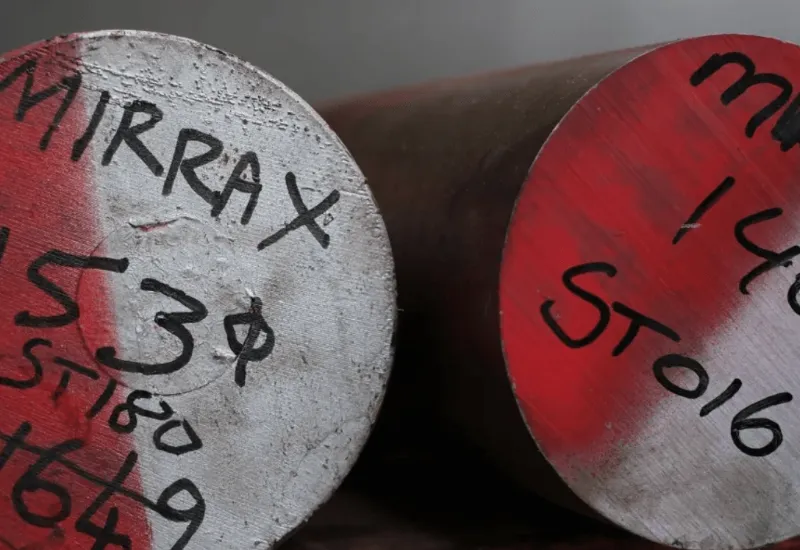
Hardness vs toughness: Why it matters
Unfortunately, you can’t have both extremes. Increasing hardness usually decreases toughness, and vice versa. Harder steels can chip or crack under impact, and tougher steels may deform or wear faster.
That’s why selecting tool steel always comes down to your application. For example, a cold chisel made from low-toughness steel could snap under load, or a punch and die set with poor hardness will round off quickly.
So, if you’re a fabricator working in structural, industrial, or high-precision environments, choosing the right engineering steel, especially tool steel, is vital. Some key questions are: Will this tool face repeated impact? Is edge retention more important than impact resistance? Will the tool be exposed to high temperatures or friction?
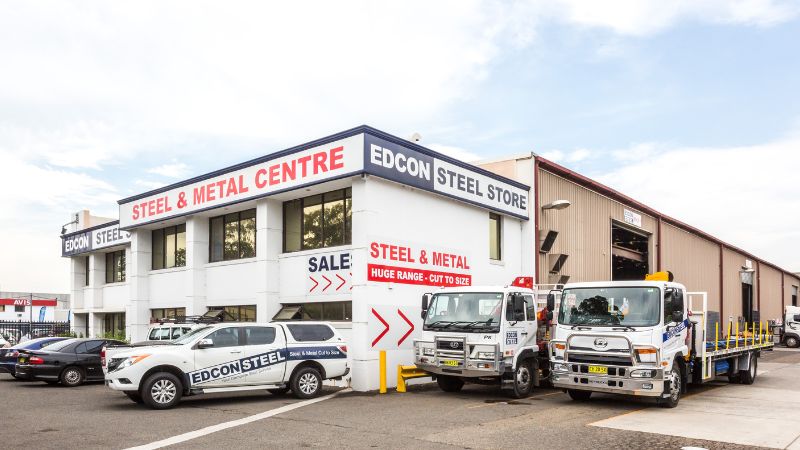
Drop in or order online
We supply a wide variety of engineering steels, including tool steel in flat, round, and square bars. We cut to size, offer fast turnaround, and have a team that knows fabrication inside and out.
With locations in Brookvale, Blacktown, Revesby, Orange, and Bathurst and a comprehensive online store, we support everyone from home DIYers to large industrial fabricators. Our staff is on hand to answer any questions you have about our full range of products and services, so feel free to contact us for your steel or metal solution today.

